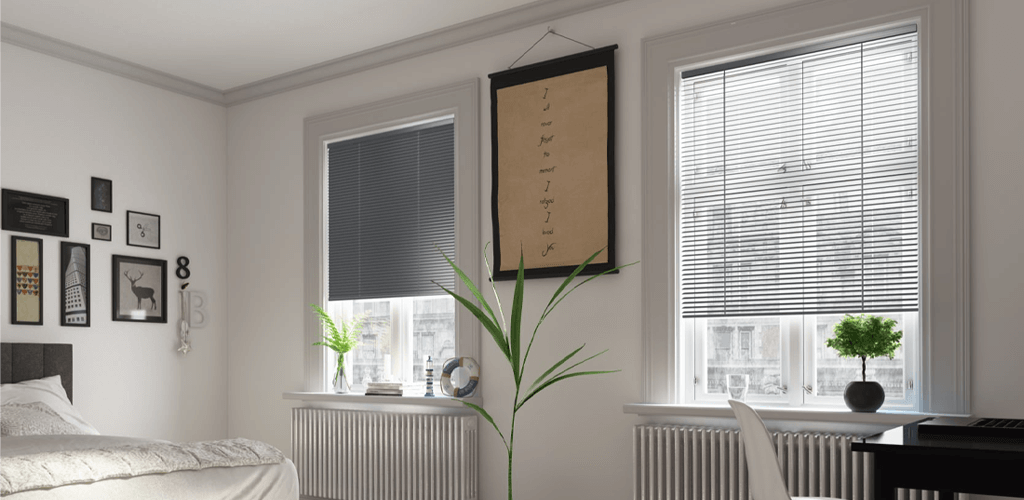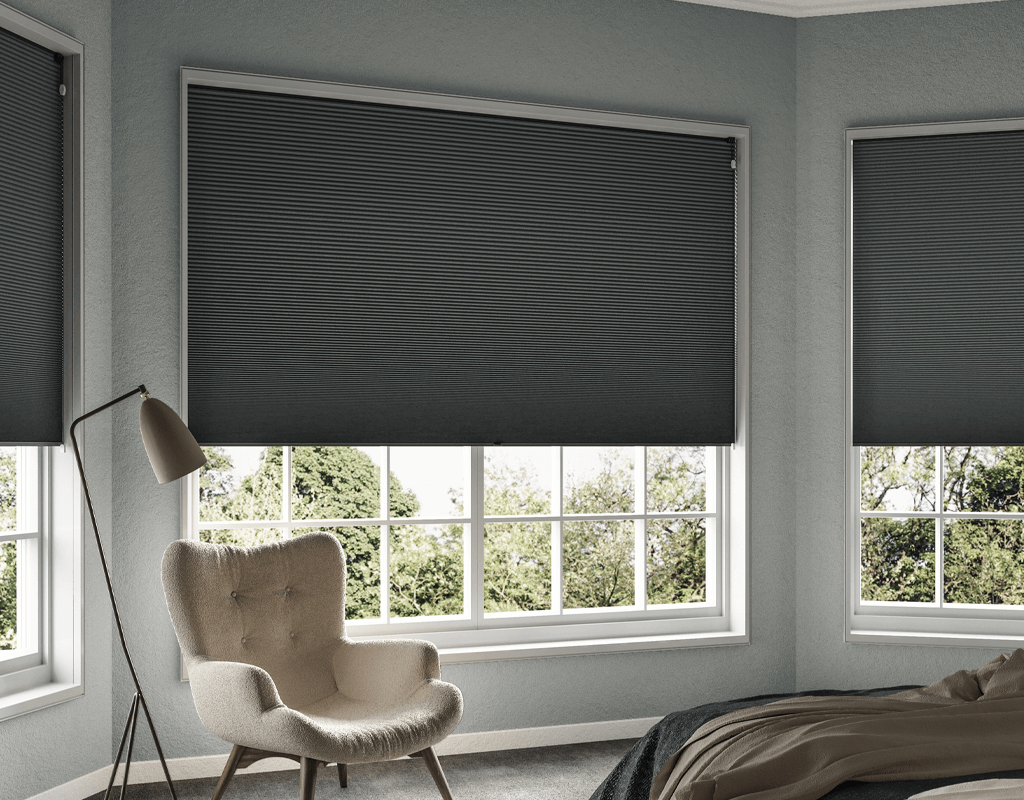Venetian blinds are a popular window treatment option, renowned for their versatile and stylish design. Comprising horizontal slats that can be adjusted to control light and privacy, these blinds are available in various materials, including aluminium, PVC, and real wood. But beyond their aesthetic appeal and functionality, an important question arises: Do Venetian blinds keep heat in?
Understanding Venetian blinds
Venetian blinds consist of slats that can be tilted to let in light or block it out completely. This adjustable feature makes them a favourite for those looking to manage light control effectively. The slats can be made from different materials, each offering unique properties, particularly when it comes to thermal insulation.
Thermal insulating properties of Venetian blinds
Aluminium Venetian blinds
Aluminium Venetian blinds are lightweight and durable, making them a practical choice for many homes and offices. They offer moderate thermal insulation. Aluminium’s reflective surface can help reduce heat gain by reflecting sunlight away from the windows, which is particularly useful in warmer months. However, aluminium is a good conductor of heat, meaning it does not retain warmth effectively during colder months, providing limited insulation.
Faux wood Venetian blinds
Faux wood Venetian blinds are made from composite materials that mimic the appearance of real wood. They offer better insulation than aluminium blinds. The composite materials typically have insulating properties that help in retaining heat during winter and reducing heat gain during summer. Faux wood blinds are also resistant to warping and moisture, making them suitable for high-humidity areas like kitchens and bathrooms.
Real wood Venetian blinds
Real wood Venetian blinds are the top choice for thermal insulation among the three. Wood is a natural insulator, capable of maintaining a comfortable indoor temperature by keeping heat in during winter and out during summer. However, they require more maintenance and are susceptible to moisture damage, which can cause warping or cracking over time.
Are Venetian blinds the best choice for thermal insulation?
Despite their benefits, Venetian blinds have some drawbacks when it comes to thermal insulation:
- Gaps between slats: Even when fully closed, small gaps between the slats can allow heat to escape or enter, reducing their overall efficiency.
- Material limitations: Aluminium blinds, in particular, are less effective at insulation due to their conductive nature.
- Maintenance: Real wood blinds, while excellent insulators, require more upkeep to prevent damage from moisture and warping.
Do Venetian blinds keep the heat in?
So, when asking the question, ‘Do Venetian blinds keep the heat in’, the answer is that they will help to keep some heat in, but due to their slatted design, some heat most certainly will escape, so if warmth and insulation is your priority, venetian blinds might not be the best choice for you.
Do Venetian blinds keep heat out?
Venetian blinds can help in reducing heat gain during the summer by reflecting sunlight, particularly aluminium blinds. However, their effectiveness in keeping heat out is limited compared to other options. The gaps between slats, even when fully closed, allow some heat to penetrate, reducing their overall efficiency.
Thermal blinds: A better option for heat control
For those primarily concerned with regulating the heat being let in or out of their home, thermal blinds offer superior performance. These blinds are specifically designed with insulating materials and often feature a honeycomb structure that traps air, creating a barrier against heat loss and gain. Thermal blinds are excellent for maintaining a consistent indoor temperature, enhancing energy efficiency and reducing heating and cooling costs. Roman blinds are another great choice, with some of our Roman blinds even having a thermal lining for added insulation.
Overall, Venetian blinds do provide some level of thermal insulation compared to having no blinds at all, with real wood and faux wood options being more effective than aluminium. However, they are not the most efficient choice for heat control. For optimal thermal regulation, thermal blinds are a better investment, offering enhanced insulation properties to keep your home comfortable year-round.
Choose wisely based on your specific needs and climate conditions to ensure you get the best performance from your window treatments. Whether you prefer the classic look of Venetian blinds or the superior insulation of thermal blinds, there’s a perfect solution for every home.
 White
White Blue
Blue Grey
Grey Green
Green Black
Black Pink
Pink Natural
Natural Purple
Purple Cream
Cream Orange
Orange Brown
Brown Red
Red Silver
Silver Gold
Gold
 Your Samples
Your Samples

